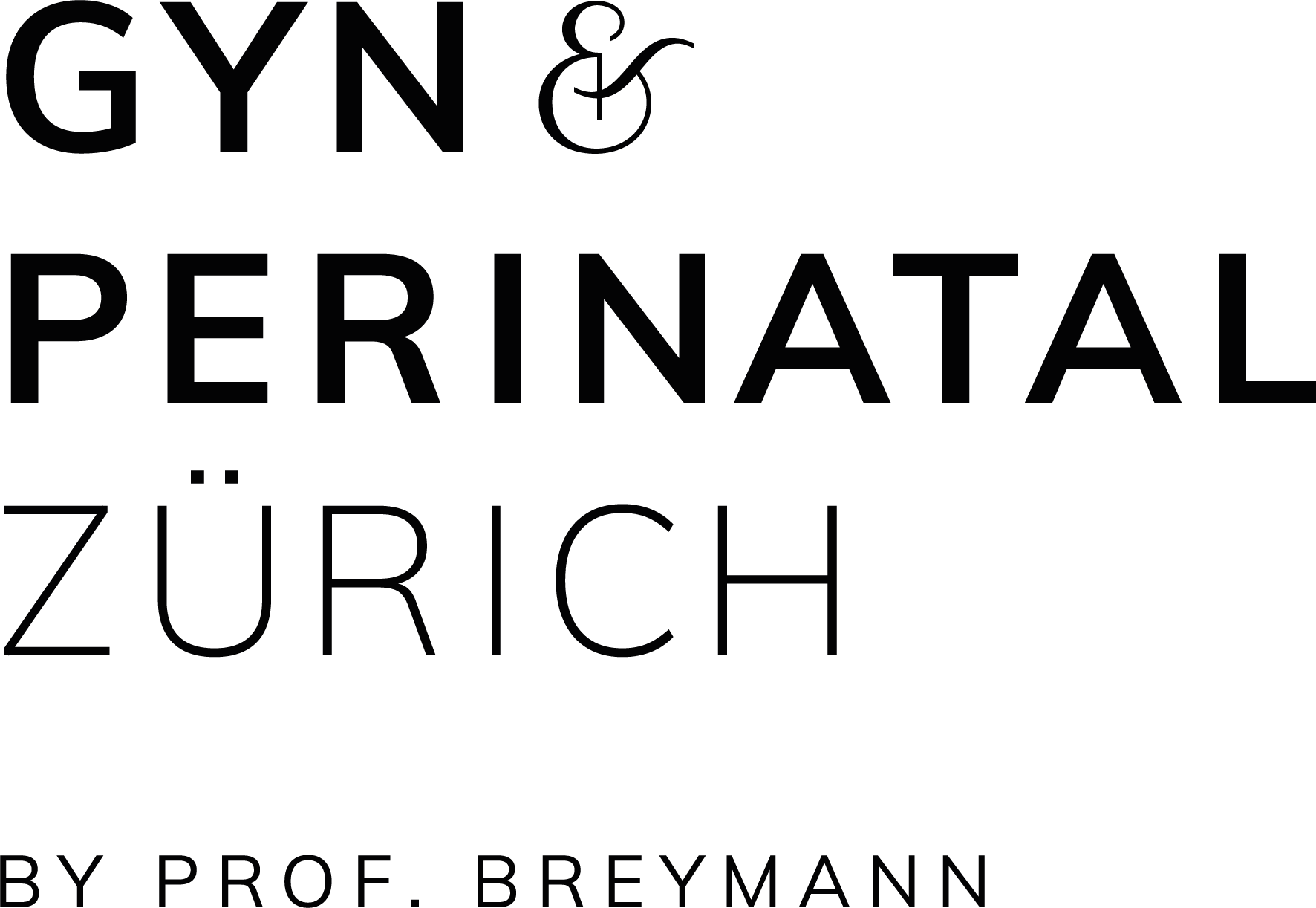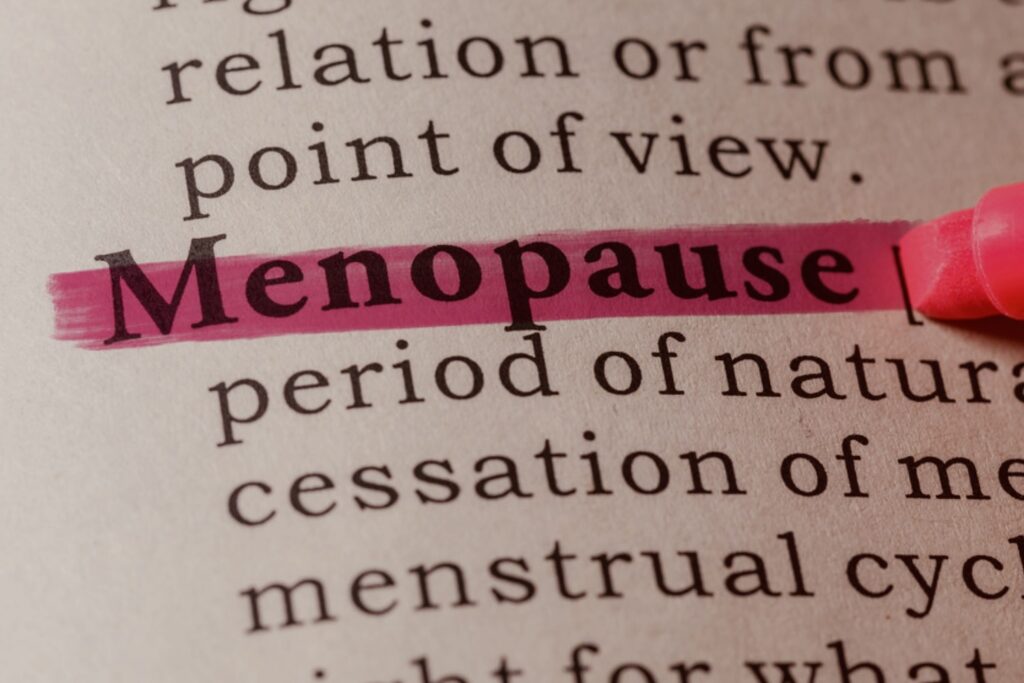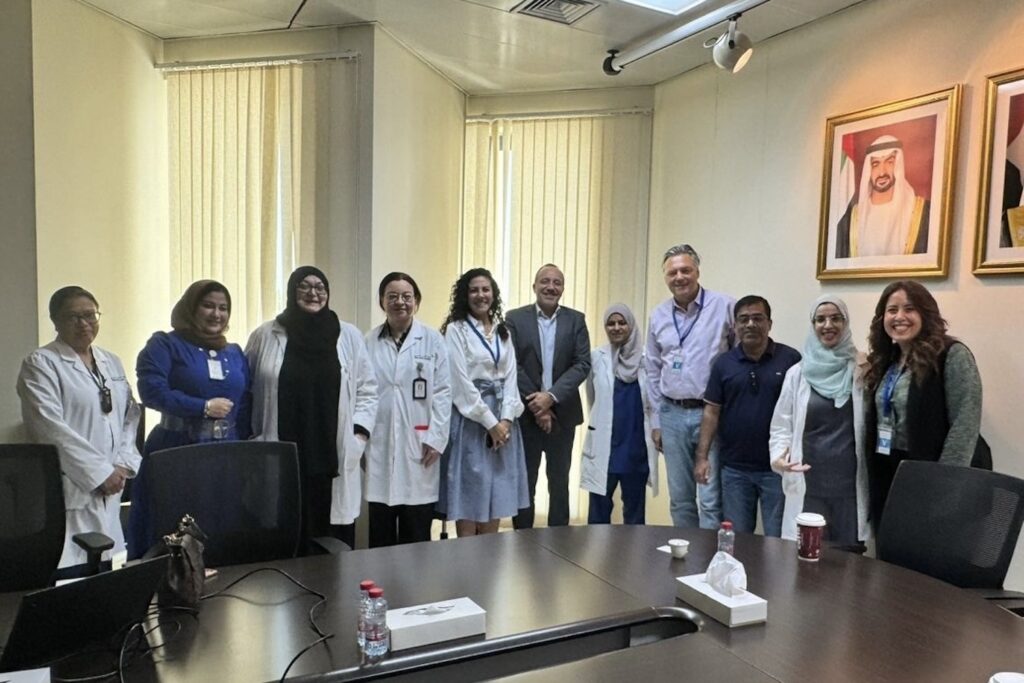Why do pregnant women have an increased need for iron?
Iron deficiency is one of the most common side effects during pregnancy. In an interview with Eveline Pigeat-Stamm, gynaecologist Prof. Dr med. Christian Breymann talks about the causes and their consequences.
Why is iron so important for pregnant women?
Prof. Dr. Christian Breymann: Iron is needed for the formation of red blood cells (haemoglobin) and the formation of new blood during pregnancy. Haemoglobin, in turn, is responsible for transporting oxygen. The total blood volume increases by more than one litre during this time, i.e. by almost half. If too few red blood cells are produced, this can lead to anaemia. The most common cause of anaemia in pregnancy is iron deficiency, which can develop before or during pregnancy when the iron store is reduced.
Who is affected by anaemia?
Prof. Dr. Christian Breymann: Anaemia during pregnancy and the puerperium are among the most common risk factors. According to WHO data, anaemia affects an estimated 30-50% of pregnant women worldwide, depending on their geographical location. In our latitudes, about 10% of pregnant women have moderate to severe anaemia.
How is an iron deficiency diagnosed?
Prof. Dr Christian Breymann: Although in everyday clinical practice the haemoglobin concentration usually gives the first indication of an iron deficiency, it should be noted that this usually only shows significant changes in the final phase of the iron deficiency. In particular for the early detection of iron deficiency states and thus for the prevention of iron deficiency anaemia, more specific and sensitive tests, such as the ferritin test, should be used in cases of suspicion.
What can be the consequences of anaemia for the mother and the baby?
Prof. Dr. Christian Breymann: The mother can suffer from headaches, milk production can be reduced, physical and mental performance can be diminished, the so-called baby blues in the puerperium can occur more frequently, the infection rate can be increased or wound healing can be delayed. The high iron requirement during pregnancy is increased by the sometimes high blood losses in the puerperium. In addition, the mother loses iron through breast milk, so that in principle the postpartum phase should also be considered critical in terms of iron requirements and the iron reserves are often insufficient.
What can women do about an iron deficiency?
Prof. Dr. Christian Breymann: Basically choose foods that contain a lot of iron, such as meat, egg yolks, whole grain products, legumes and vegetables. As a support, we recently developed a mobile phone app: "MyIronfriend". But choosing the right foods alone is not enough. In addition, the WHO recommends taking iron supplements as prophylaxis. In various situations, switching to an intravenous iron supplement can be beneficial.







